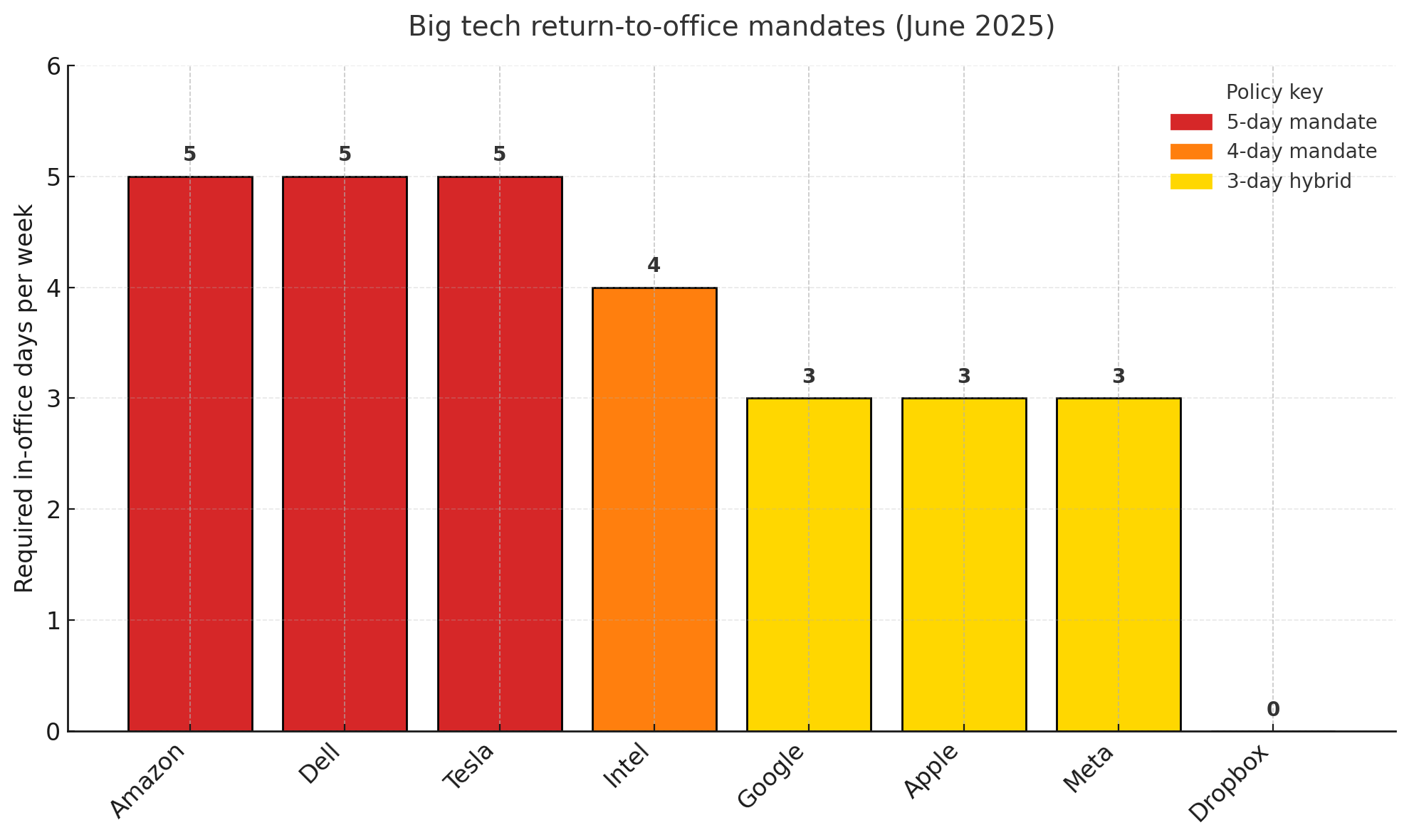A hot potato: Here's a rare sight: a CEO of a large company has spoken out in support of remote work for employees, slamming those firms that drag staff back into the office against their will. Dropbox boss Drew Houston compared RTO mandates to trying to force people back into malls and movie theaters.

Speaking on an episode of Fortune's "Leadership Next" podcast, Houston said what most people have long thought: that returning to the office is a waste of time and money when employees can do exactly the same tasks at home.
"We can be a lot less dumb than forcing people back into a car three days a week or whatever, to literally be back on the same Zoom meeting they would have been at home," he said. "There's a better way to do this."
Dropbox remains one of the few companies that has continued to embrace a "virtual first" approach following the end of the lockdowns. As reported by Business Insider, Dropbox introduced a 90/10 rule in 2021, where employees work from home for about 90% of the year and attend a small number of off-site events the remaining 10%.
"Forcing people back to the office is probably gonna be like trying to force people back into malls and movie theaters," Houston said. "Nothing wrong with the movie theater, but it's just a different world now."

The Dropbox CEO has spoken out in favor of remote work before. In 2023, he called it "the keys that unlock this whole future of work."
"You need a different social contract and to let go of control. But if you trust people and treat them like adults, they'll behave like adults. Trust over surveillance," he said at the time.
Few modern work-life issues have proved as controversial as the RTO mandates. It's no secret that the vast majority of people are happier working in their own home. A recent study found that fewer than half of UK workers would agree to a full-time return-to-office (RTO) mandate, with women and parents the most likely to refuse. We've also seen employees willing to sacrifice up to 15% of their wages in exchange for a more flexible work life.
But apart from the few exceptions like Houston, most executives care little about employees' wishes and are against remote work, claiming that productivity and collaboration improve when in an office. Companies such as EA are telling all employees to return to their work locations at least three days per week, while the likes of Amazon and Dell are telling workers who live close(ish) to an office to return full-time or leave the company.
A recent study claimed that the most productive staff work in shorter bursts and take longer breaks: 75 minutes of work followed by 33 minutes of rest time. It also suggests that in-office and hybrid work actually encourage a healthier work-life balance than fully remote models.
Dropbox CEO slams return-to-office mandates, compares them to outdated malls and theaters